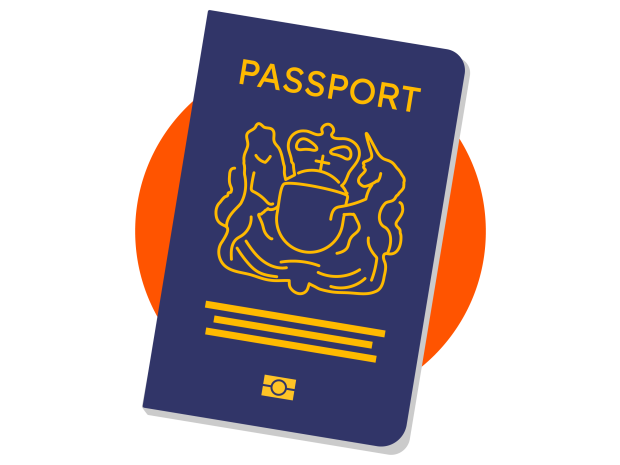
Going abroad: travel insurance and more
If you’re planning to go abroad, these resources can help you plan ahead.
Find out more
Accessible tour operators and specialist travel agencies can make the planning process simpler. Tourism for All has a directory of accessible travel destinations.
You could ask other people with similar abilities to you about their experiences travelling or visiting different places. Try our online forum or read the travel blogs listed by the charity Scope.
The Association of British Travel Agents (ABTA) has a checklist to help you think about your requirements when you're planning a break. You can fill it out yourself or with a travel agent.
Travelling without proper insurance can be risky and costly, so it's important to get the right cover for your needs. If you can, it's good to allow plenty of time to arrange insurance.
Insurers usually use a number of screening questions to find out about your medical conditions. Sometimes you might need your GP or health professional to help you answer them. Remember, if you don't share any pre-existing medical conditions, your policy might not be valid.
Some insurers charge a premium for travellers with an existing medical condition. Others offer insurance that excludes cover for those conditions. Always check the policy carefully.
Shop around for the best deal if you can
You might find mainstream comparison sites helpful, like Money Saving Expert, Compare the Market or Money Supermarket. Some of these have information to help your search when you've got a health condition. There are a number of insurance companies offering specialist cover for people with medical conditions. And lots of bigger companies also offer cover that includes MS. An insurance broker may be able to help you find the right cover.
A Health insurance card for Europe
As well as travel insurance, it's worth getting a health insurance card if you're going to an EU country or Switzerland.
There are two free cards which get you free or reduced price healthcare if you need it:
- the GHIC (Global Health Insurance Card)
- the EHIC (European Health Insurance Card)
Since Brexit, most people need a GHIC. If you still have a valid EHIC, you can use it until the expiry date.
There are limits to what both these cards cover, and they’re not a replacement for all the things travel insurance can cover.
Some people with MS worry that travel vaccinations could make them unwell. If you have any concerns about any vaccinations you need to have, discuss the options with your GP or MS nurse. We've got more infomation about travel vaccinations if you've got MS.
Find the recommended jabs for your trip on the NHS Fit for Travel website
For information about travelling by plane, see our page on accessible transport.
If you usually take medications, it's worth planning ahead about how you'll travel with them.
For instance, you might need to check how long a drug can be left out of the fridge, or what the airline rules are about carrying syringes.
Your MS nurse or a pharmacist can help with questions about storing a drug.
Carrying medication on a plane may require some preparation. Take a letter from your doctor with you to confirm that you need the medication. And keep the medication in it's proper packaging.
The regulations on what you can carry in hand luggage often change. So always contact both the airport and your individual airline to let them know you will be bringing medication in your hand luggage. Ask for any special instructions you need to follow.


